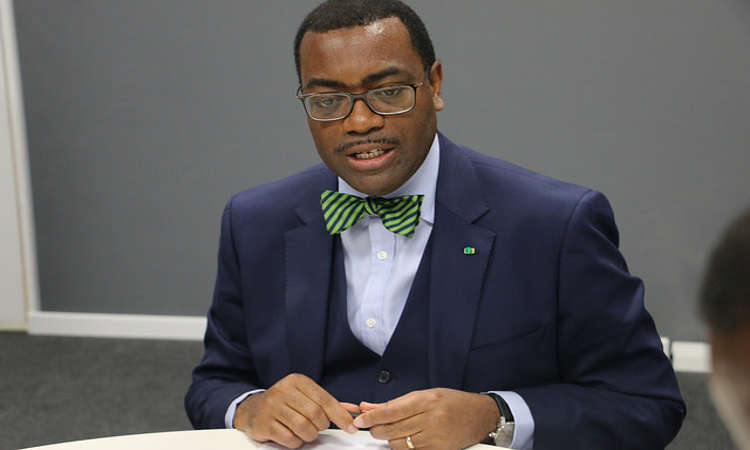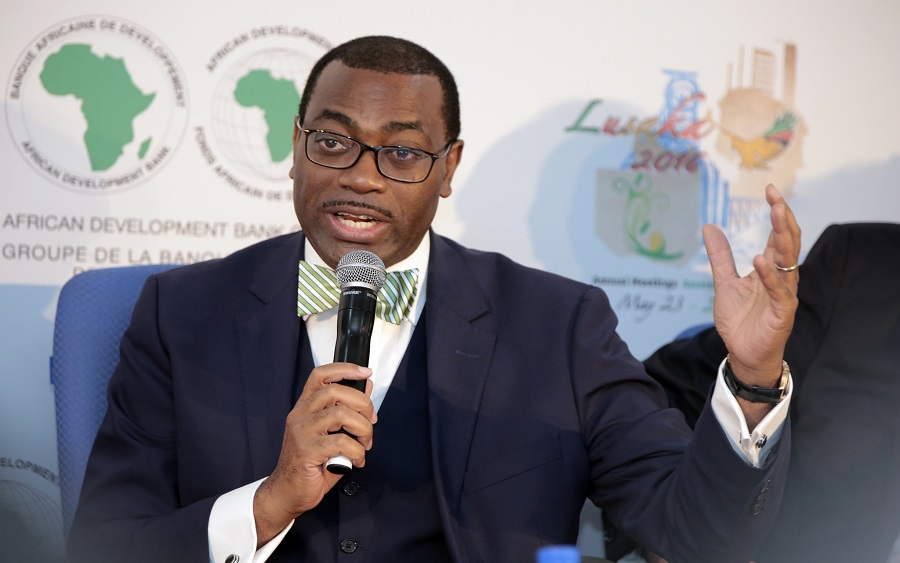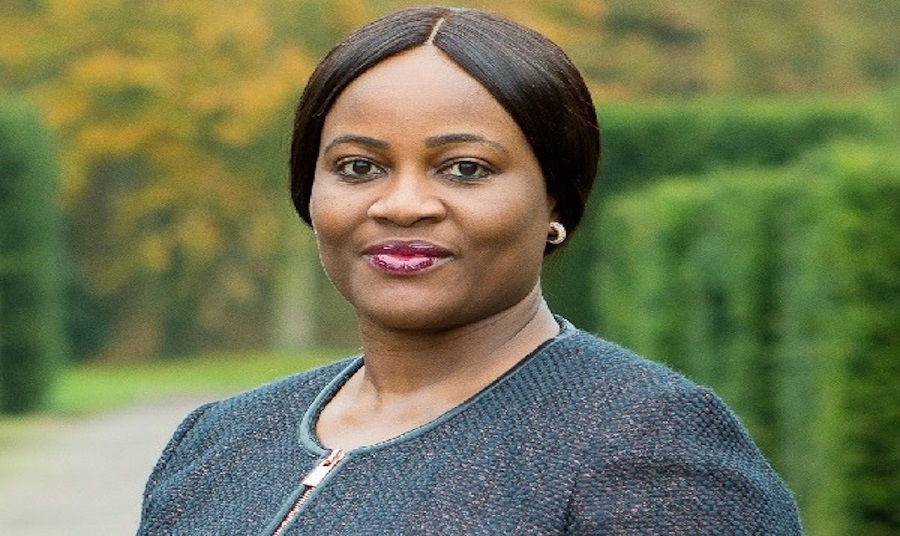Africa’s GDP growth is expected to rise to 4% in 2023, which is higher than the projected world averages of 2.7% and 3.2% respectively
This was disclosed by Dr Akinwumi Adesina, President of the African Development Bank (AfDB), at the inauguration of the maiden edition of 2023 Africa’s Macroeconomic Performance and Outlook on Thursday in Abidjan, Côte d’Ivoire.
He added that Africa had demonstrated continued resilience with all but one country maintaining positive growth in 2022
Growth: Dr Adesina revealed that growth would remain at 4% in 2023 and 2023 according to the bank’s forecasts as African economies continue their resilient growth.
- “In spite of the challenging external environment, Africa has demonstrated continued resilience with all but one country maintaining positive growth in 2022 and with outlooks stable for 2023 and 2024.
- “Africa’s GDP growth is projected to average about four per cent in 2023 and 2024, higher than the projected world averages of 2.7 per cent and 3.2 per cent respectively.”
Top 5: He added that Africa’s top 5 performing economies are expected to grow more than 5.5% with Libya growing at a 12.9% rate.
- “The top five performing African countries before the COVID-19 pandemic are projected to grow by more than 5.5 per cent and could reclaim their position among the world’s top 10 fastest growing economies in 2023 to 2024.”
- “The countries include Libya with 12.9 per cent; Niger with 9.6 per cent; Senegal with 9.4 per cent; Rwanda with 7.9 per cent; and Côte d’Ivoire with 7.1 per cent.
Bold actions: AfDB also urged African nations to implement aggressive policy actions at all government scales to mitigate the risks.
- “The report thus advocates for bold policy actions at the national, regional, and global scales to help African economies mitigate the compounding risks.
- “The bank reiterates its call for accelerating the implementation of structural reforms to enhance government-enabled private sector industrialisation in key sectors.
- “In agriculture and agribusiness. In climate-smart and just energy transitions. In value chain development in natural resource sectors, especially in minerals for green development.
- “In quality health care infrastructure and pharmaceutical industries. In digitalisation and e-governance. And more.”
Adesina also added that Tapping into the private sector’s accumulated savings (at home and abroad) and channelling them to finance infrastructure and social development urgently will be key as the continent continues to build back better to secure a resilient, prosperous, and sustainable future for all Africans.
What you should know
The World Bank disclosed that Nigeria’s GDP growth rate is expected to decelerate to 2.9 percent in 2023 and remain at that pace in 2024 which is barely above population growth in its Global Economic Prospects report.
They noted that growth in Sub-Saharan Africa is projected to edge up in 2023 to 3.6per cent before picking up to 3.9 percent.
- “In Nigeria, growth is projected to decelerate to 2.9 percent in 2023 and remain at that pace in 2024—barely above population growth. Growth momentum in the non-oil sector is likely to be restrained by continued weakness in the oil sector.
- “Growth in SSA is projected to rise in 2023 to 3.6 percent—a 0.2 percentage point downward revision from the June forecast—before picking up to 3.9 percent, in 2024.



















